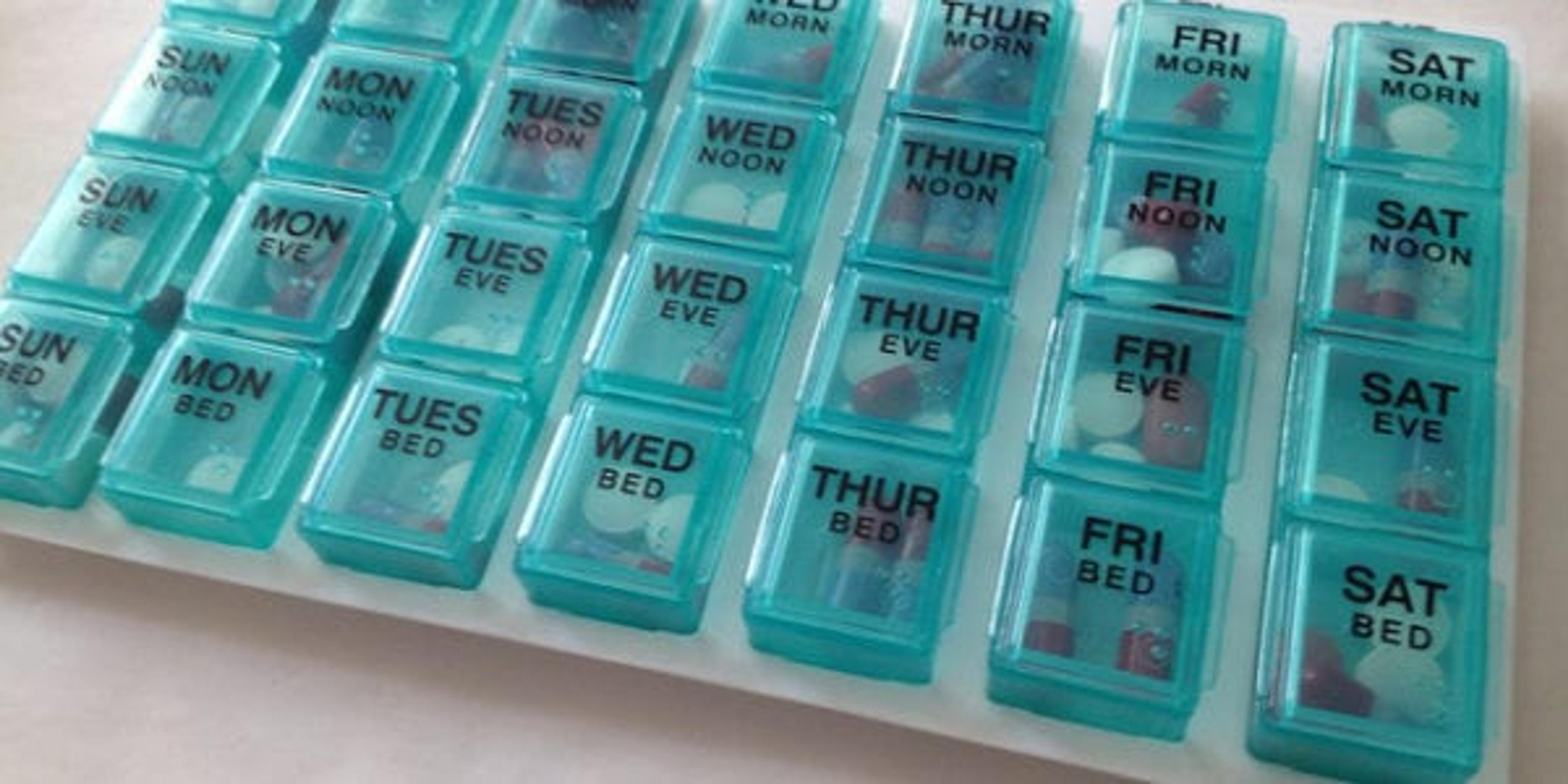Are You Taking Your Medication at the Right Time?
| 2 min read

Ever wonder why you take your medication when you do? Maybe you pick the morning because you’re likelier to remember. Or perhaps you pop your pills right before bed because it’s part of your nighttime routine. Well it turns out there are better reasons to pick the time you take your pills. A growing body of research called chronotherapy analyzes biological rhythms and has shown that there are best times to take certain medicines to get the most benefits and the fewest adverse effects.
AARP breaks down the most recent research by ailment:
- Asthma: Experts recommend people with asthma take oral medications in the mid afternoon and inhaled steroids in the late afternoon since attacks are 50 to 100 times more likely to occur between 4 and 6 a.m. By taking your medication at those times, you will be less likely to wake up in the middle of the night having trouble breathing.
- Heartburn: Your stomach produces two to three times more acid between 10 p.m. and 2 a.m. than at any other time of the day. So experts recommend taking medication about 30 minutes before dinner to control stomach acid production after the meal and overnight.
- High Blood Pressure: Your blood pressure is naturally higher during the day and lower during the night. But people older than 55 often don’t experience the nighttime dip, which is why they should take prescribed blood pressure-lowering medication at bedtime.
- High Cholesterol: People prescribed statins to reduce LDL levels should take their medication at bedtime, when cholesterol production in the liver is highest.
- Osteoarthritis: For this disease, timing depends on your personal symptoms. You should take your medication four to six hours before the pain is at its worse. Keep a diary so that you can work backwards from when the pain typically peaks.
- Rheumatoid Arthritis: Experts recommend taking your medication for rheumatoid arthritis in the evening or at night. This way the medicine can work throughout the night to reduce morning symptoms (which is when RA pain tends to be especially bad).
If you take regular medication for a condition not on this list, double-check with your doctor about the optimal time to take it.
Photo credit: tr0tt3r





